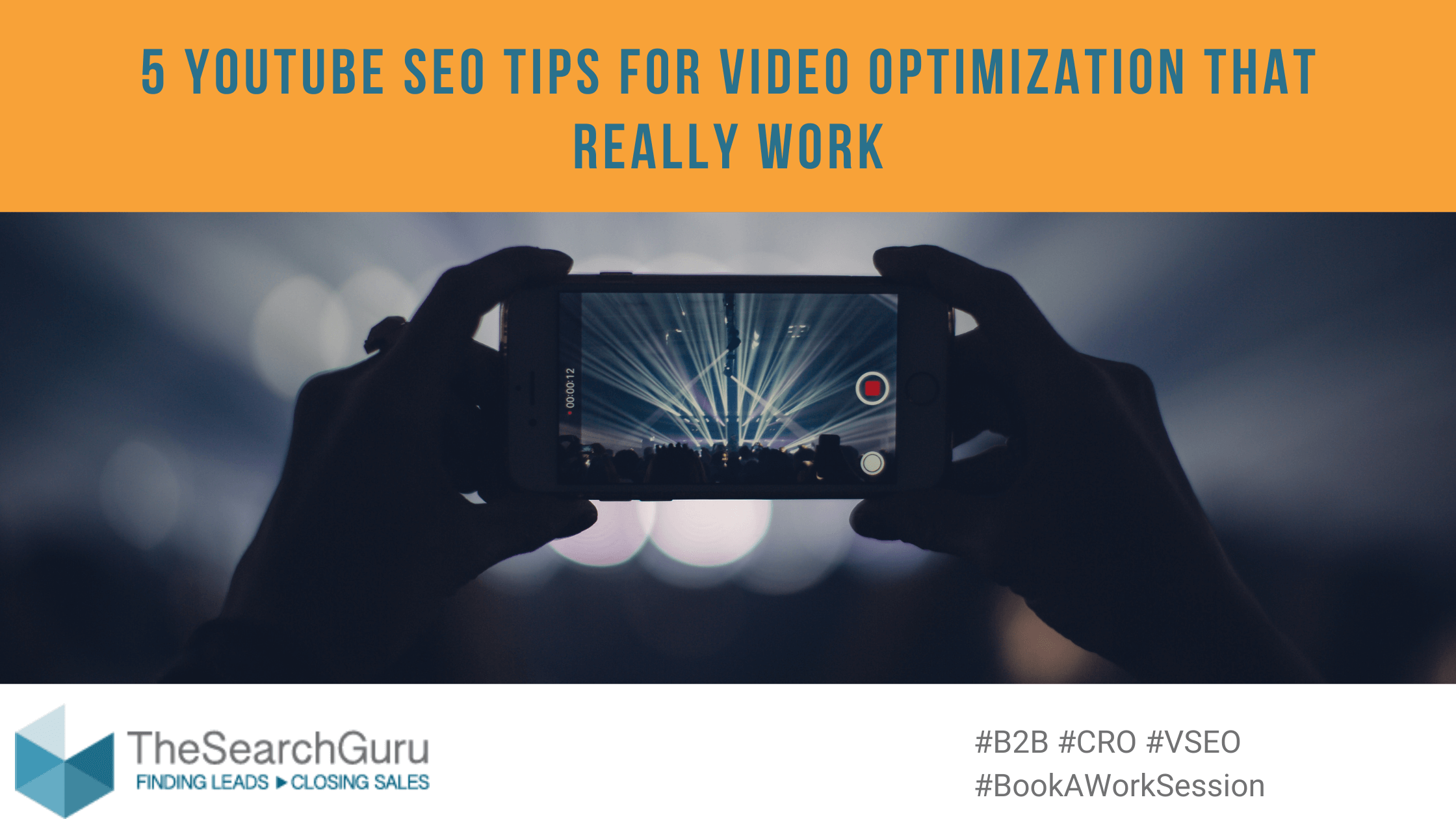Trusted sources: how to select the best interviews for your article or blog post
In the late 1990s, I was asked to appear on a local television show about writers. I was happy to be asked, so I posted the news in the forum area of the online writer’s club to which I belonged.
One woman, whom I’d corresponded with frequently by email – but had never met in person – asked if she could hitch a ride with me just to watch the show. It ended up that she lived in the Cleveland area, just like me, so I said “sure.”
Before I left, I was talking to my mother and I shared my plan. She began sputtering, asking me what on earth an online writer’s club was –and, trust me, that was a hard concept to explain to someone who hadn’t yet been on the Internet. After I tried – and failed miserably – to explain, my mother asked me the name of this so-called “Internet friend.”
My mind immediately went blank as far as her real name, so I blurted out her screen name, which just so happened to be “TweetyBird.” After an incredulous pause, my mother lovingly shrieks, “So, if it ends up that you’ve been murdered by a crazy Internet fiend, I should tell the police to look for . . . TWEETYBIRD?!?”
And then I said something like, “Um . . . yes, please. Sure.”
Okay. Fast forward to late 2013: the concept of online networking is now generally understood (and, no worries! TweetyBird ended up being a lovely lady). And yet, the underlying question remains, perhaps now more than ever, with the proliferation of blogs and bloggers: what can I trust online?
Trustworthiness of sources for your journalism interview
When you are ready to research material for a quality in-depth blog post or article, primary sources are important to include. The most commonly used primary source (most common because of its effectiveness) is the interview. But, when it comes to choosing sources to interview, which ones should you trust – and which ones should you avoid?
Here are strategies to ensure that you make the right choices:
1) Educate yourself before interviewing:
- Read widely on your topic, choosing credible sources to read. For example, when it comes to factual information, trust The New York Times, National Geographic, relevant niche publications and the like more than, say, Wikipedia or an anonymous blogger. This isn’t to say that Wiki and/or the anonymous blogger are wrong; in fact, you’ll sometimes find that the sources match and sometimes the little known blogger is in possession of obscure but amazing facts. But, when there is a discrepancy as far as factual information goes, tend to believe longstanding respected publications over other lesser known sources.
- Go to Amazon and find books on your general subject. Before buying any or checking any out from the library, look at who published these books. Favor books published by longstanding New York publishing houses and well-respected academic presses over self-published books when searching for factual information. Again, the self-published author may be 100% correct in his or her information but, if it conflicts with information published by houses that employ high quality editors and fact checkers, lean in that direction unless you already know that the self-published author is an excellent source and/or has a unique and important perspective.
2) Find people to interview:
- Research each person before interviewing
- Find experts by networking, asking friends, family members and coworkers for ideas and for help in setting up the interview
- Find experts in print directories and then contact them by email or phone:
- i.
- found in many/most libraries
ii. Chamber of Commerce directories and similar publications
- Send a query online to ask experts to contact you:
- i.
iii. Pitch Rate
v. Other online sources for experts, including the Yearbook of Experts; you pay a small fee for usage for the latter and can download after paying
- Approach directly:
- i. Through
ii. Through other social media channels
iii. Through the expert’s website
After the journalism interview
3) After you interview people for an article or blog post, make sure that you carefully differentiate fact from opinion in your writing:
- You do not want to include any erroneous facts.
- It often makes sense, though, to include a wide variety of opinions on a subject. You don’t need to agree with all of those opinions – in fact, the article will be livelier if you don’t – but the opinions included in your writing should be from people with relevant credentials who can articulate their thoughts.
- Quote people when they express opinions or emotions and use summary/exposition for the more ordinary but necessary information.
- After you have interviewed a variety of people, consider interviewing one more person, this time from a professional association that is relevant to your article. By now, you are knowledgeable enough on the topic to ask just the right questions to clear up any discrepancies that linger.
Why might a primary source not be trustworthy?
As you talk to each person, remember his or her background. What agendas did each of these people have to push? In other words, what was the goal and/or motivation of each person?
As just one example, if each anecdote provided from one particular person highlighted the excellence of an organization – and that person happens to be its president – keep that perspective in mind. It doesn’t mean that person is wrong in anything that he or she said; it just means that you, as writer, need to keep each person’s points of view in the proper context.
As an unlikely example to help further clarify: if the person believes that human space travel is dangerous and should not happen, be more skeptical about purity of motive if he or she also owns a car dealership.
Controversial opinions
If a controversial viewpoint is offered, how much research did the person have to back up his or her opinion?
- There is nothing wrong with including controversial opinions from trusted sources
- If a person is unable to provide you with the evidence you want of his or her credibility, but you still want to include statements from that person, be sure to include it in quotes, so it is crystal clear that this is not your opinion and/or that you are not stating this as fact.
4) Fact check!
- From names to titles, and from quotes to statistics, double-check yourself.
- At least twice.
Once you’ve created great content, supercharge the copy.
Two additional strategies to help improve online visibility include taking advantage of Google Authorship and schema markup.
What strategies have you used to find quality sources for interviews? What questions do you have about interviewing – and/or trust online in general? Leave a comment below.






Leave A Comment